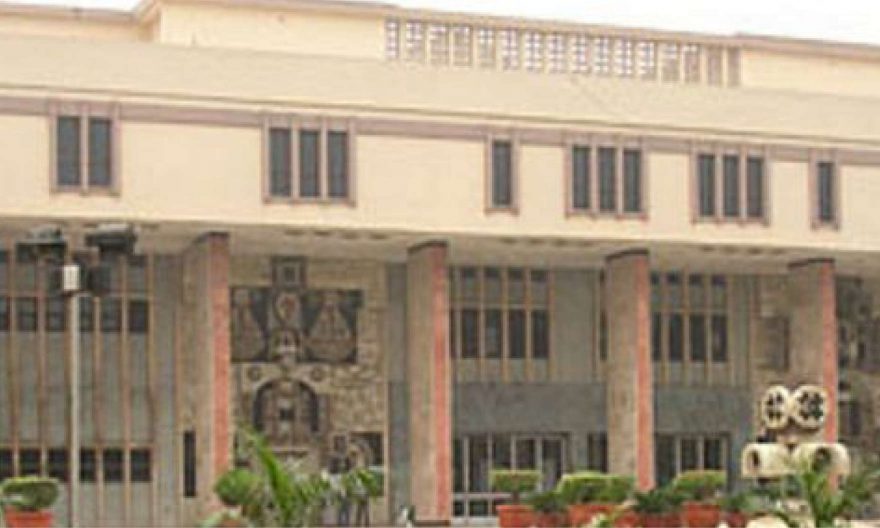
The Delhi High Court in the case Celerity Infrastructure Pvt. Ltd. Versus Dy Commissioner Of Income Tax Circle 73-1 observed and has held the tax payment software has to be tailor-made according to the aspirations, needs and the legal rights of the taxpayers and not that have to be tailor-made the legal rights of taxpayers’ in accordance with the software being used by the Tax Department.
The division bench comprising of Justice Manmohan and the Justice Manmeet Pritam Singh Arora observed and has held that as the petitioners have paid the taxes and for the challans paid on Form 3 under the Direct Tax Vivad se Vishwas Act (DTVSV Act), they should be given credit. The communication/order rejecting credit of taxes deposited under the DTVSV on the hyper-technical ground that challans have been deposited under the minor head ‘200’ instead of ‘400’ is unfair, illegal, and the same is contrary to the objective of enacting the DTVSV Act.
The directions were sought by the assessee/petitioners to the respondent to rectify Forms 3 and 4 issued on April 22, 2021, and to issue Forms 5 post the filing of Forms 4 under the DTVSV Act.
It was stated by the petitioner that on March 26, 2021, the petitioners filled the declarations on Forms 1 and 2 electronically but inadvertently declared the amounts paid by various challans, excluding the interest component.
It was submitted by the petitioners that the respondent, after accepting Forms 1 and 2 in all the cases, issued Forms 3 in which credit for the taxes deposited was not allowed for the reason “mismatched” and for not allowing credit for the taxes paid, no reasons were assigned. However, the petitioners filed representations to rectify Forms 3 by allowing credit for taxes already deposited and subsequently attempted to file Forms 4. Thus, it was not accepted and an error was showed message that “the date of deposit cannot be before the filing date of Forms 1 and 2”.
It was contended that again the petitioners filled the representations before the respondent, the same were declined the credit challan was declined by the respondent on the ground that taxes “200 instead of 400”, had been deposited under the minor head.
It was noted by the court that in any case, technology is intended to ease and facilitate transactions and cannot be the basis for creating and defeating anybody’s legal rights.
Accordingly, the court directed the respondents to correct the payment heads, record the credit of taxes deposited, and issue revised Forms 3 within four weeks. The petitioner within 2 weeks shall file Form 4.




